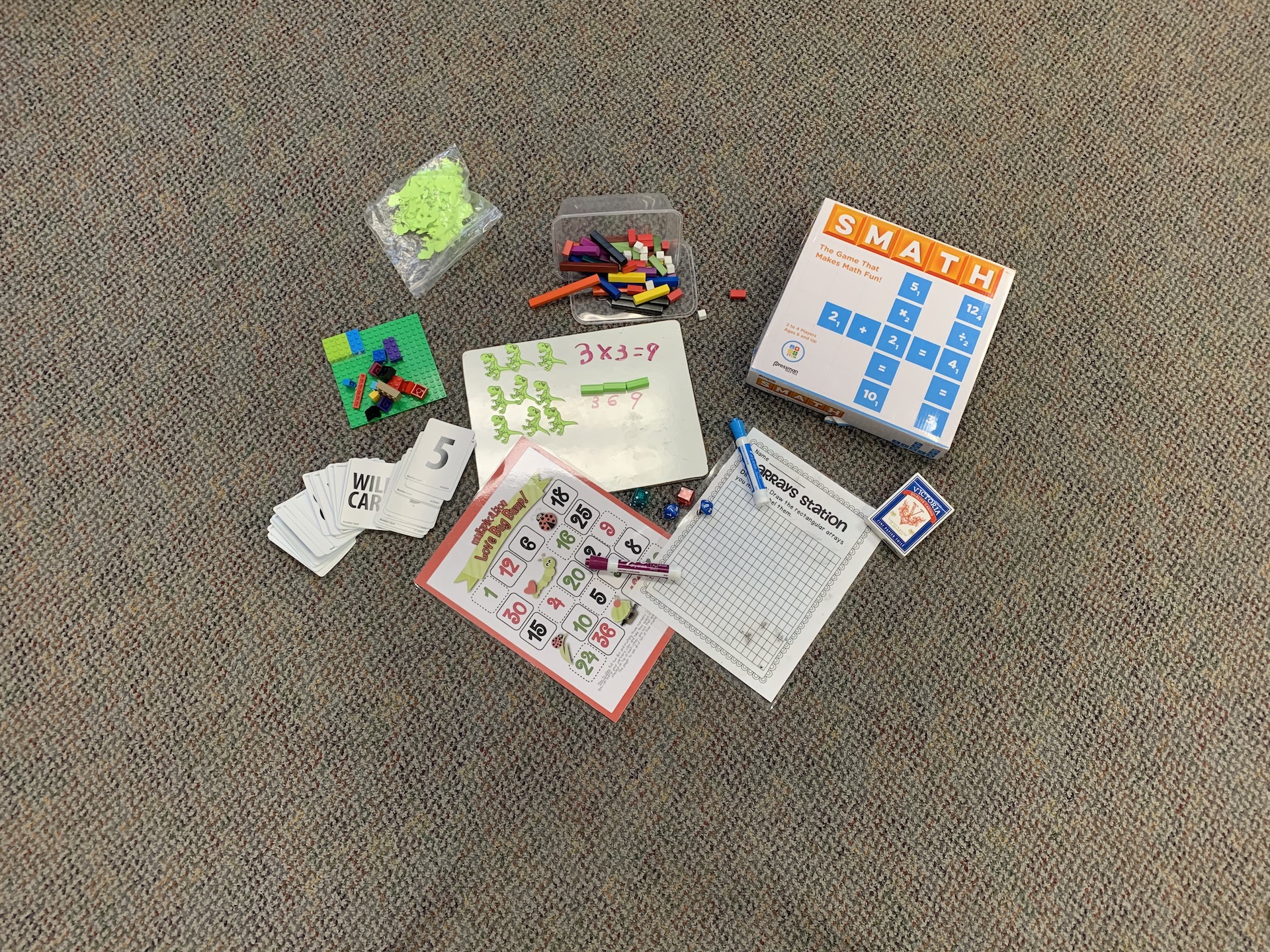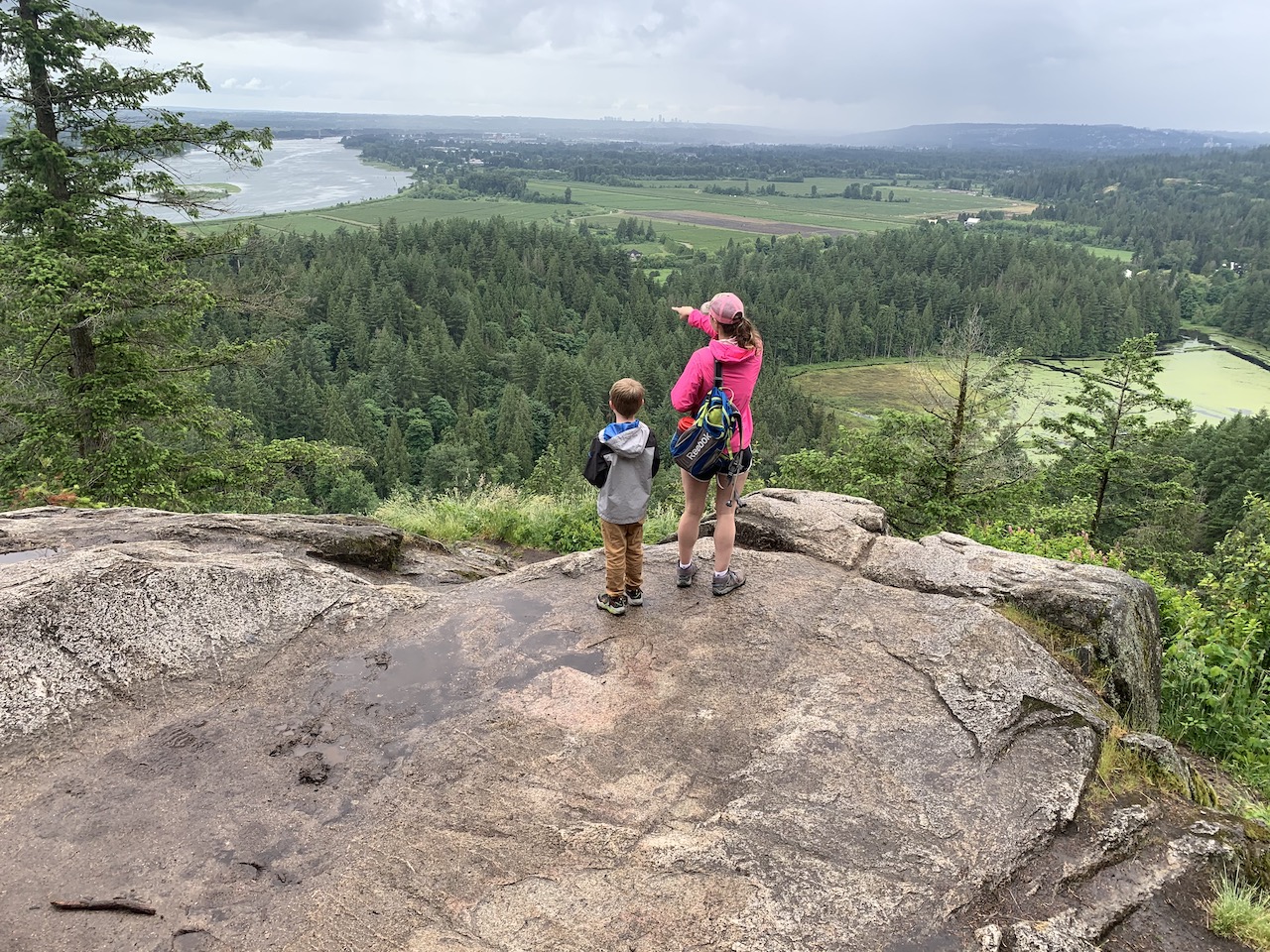When reading the Volante and Jaafar article I noticed similarities in provincial assessment across the province based on the available data in 2008, at that time I was a high school student in BC and participated in the provincial subject based exams in grade 10,11 and 12. All I remember of the exams is the stress of preparing for them and the awards my school gave based on results and being told that we had to have great results on the exams to go to university. In BC we no longer have the secondary subject exams, having moved to a provincial literacy and numeracy assessment. The article addresses that education is a provincial and territorial responsibility and although there are marked similarities, from when we enter and exit public education to when large scale assessments are administered there is not a common ground nation-wide. The Volante and Jaafar article also discusses improvement as being one purpose for using an LSA to “inform decisions that will yield greater learning for students.” (Volante & Jaafar, 2008) This one challenged my thinking when reflecting on the LSA given in grade 4 the Foundation Skills Assessment (FSA) which underwent a change last year removing the writing component, I find that the results of the FSA tests are often inconsistent with my classroom assessment. I also find that we get the information back from the FSAs too late to be of much use giving the assessment in late October and early November but not receiving our results until Spring Break mid-March. While we can identify some gaps in learning from the FSA results by the time, we get them back we have typically used other passements supported by the district to find the gaps and challenges and begun to address them. While the results inform our school improvement plan there is little emphasis on the FSA results as the sole measure of progress.
Looking at the Bowman article and how assessments were used to provided credentials on varying levels in Ancient China it seems that this type of system may be more effective than using LSAs to assess teacher skill. The Bowman article reminded me not only of the assessments we take as we move through secondary and post-secondary education, being assessed on increasingly difficult skills and thought processes but also of the exams young dancers take as their skills increase. The ancient Chinese method reminds me most of dance exams having participated in Cecchetti Ballet, ISTD National Exams, Royal Academy of Dance Ballet Exams and Scottish Dance Teachers Alliance Highland exams, these exams are taken on a yearly basis with a set syllabus of movements and exercises a dancer must complete successfully to advance to the next level. Having completed both the RAD and SDTA exam sequences at the preprofessional level I see the value of testing on a regular basis to ensure skills are progressing against an international standard, with the upper levels being equated to secondary school credits upon successful completion. Reading that the Ancient Chinese assessments looked at literacy skills, problem solving ability and critical thinking made me think of the competency-based assessment we are moving towards in BC and the assessment of the Core Competencies as the basis for learning,
After reading the Bowman article I am not opposed to ongoing assessment to continue teaching and show growth as a professional, however the stark consequences of being unsuccessful on the assessment in ancient China would not be the best fit in our current society, chances should be given to improve and demonstrate growth. My school district is moving away from formal administrator driven teacher assessments towards collaborative teacher growth plans where we determine the goals and I feel this is a positive step as we all have our own professional goals weather, we formally write it down or not. I feel that if we do not have a goal to work towards and a measurable marker for success we will not continue to grow.
References
Bowman, M. L. (1989). Testing Individual Differences in Ancient China. American Psychologist.
Volante, L., & Jaafar, S. B. (2008, July). Profile of Educational Assessment Systems World Wide: Educational Assessment in Canada. Assessment in Education: Principles, Policy & Practice, 15(2), 201-210.




